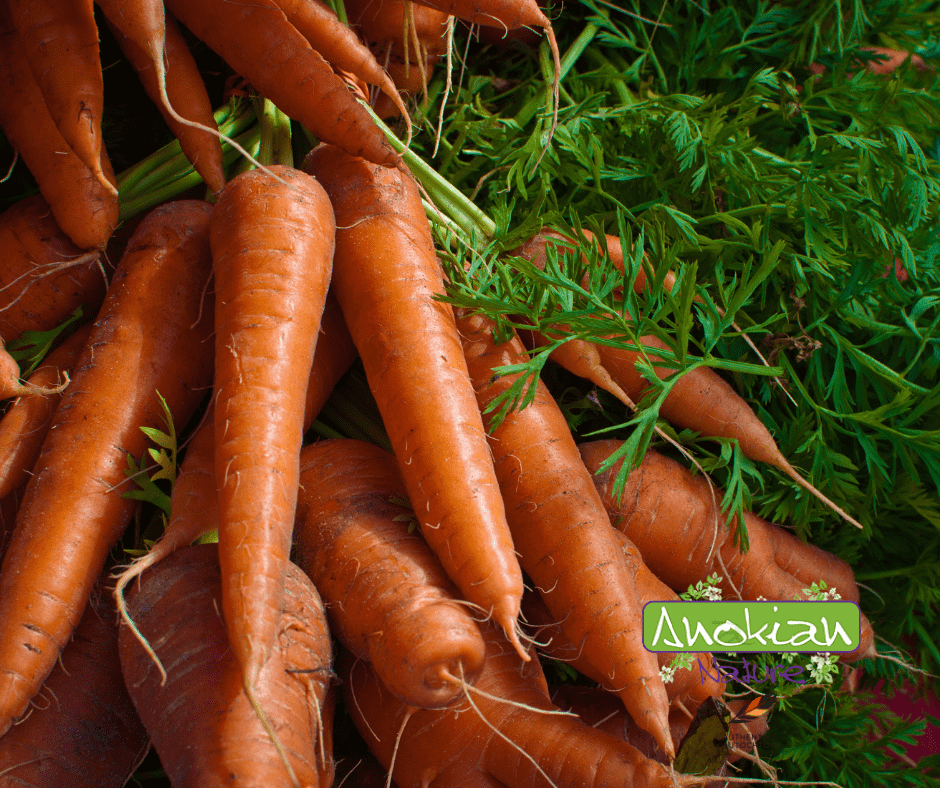Skip to product information










Seed | Danvers Carrot
$3.99 CAD
Quantity
Danvers carrot seeds are a hardy variety known for its conical shape and exceptionally sweet flavor. Ideal for heavy soils, this carrot offers excellent yields and long shelf life.